
Dahab: The Golden Gem of the Red Sea
Nestled between the rugged Sinai Mountains and the shimmering waters of the Red Sea, Dahab is a hidden treasure that offers a perfect blend of relaxation and adventure. This charming coastal town, once a sleepy Bedouin fishing village, has transformed into a beloved destination for travelers seeking a unique and memorable experience. Dahab's laid-back atmosphere is evident in its bohemian cafes, cozy beachfront restaurants, and bustling markets. The town's streets are lined with colorful murals and vibrant shops selling handmade crafts, traditional jewelry, and aromatic spices. Visitors can indulge in local delicacies, such as freshly caught seafood and the famous Egyptian dish, koshari, while enjoying breathtaking views of the sea. For the adventurous at heart, Dahab is a paradise. The town is renowned for its world-class diving and snorkeling spots, including the famous Blue Hole and the Lighthouse Reef. The crystal-clear waters are teeming with diverse marine life, making it a haven for underwater enthusiasts. Beyond the sea, the surrounding desert offers exhilarating activities like camel trekking, jeep safaris, and stargazing in the serene night sky. Whether you're looking to unwind by the sea, explore the vibrant underwater world, or embark on a desert adventure, Dahab has something for everyone. Its unique charm, natural beauty, and warm hospitality make it a must-visit destination in Egypt.
Local tips in Dahab
- Best Time to Visit: Spring and autumn offer the most pleasant weather for outdoor activities.
- Currency: Carry some Egyptian pounds as many local shops and cafes do not accept credit cards.
- Local Transportation: Use local taxis or rent a bike to explore the town easily.
- Dress Code: Respect local customs by dressing modestly, especially when visiting traditional areas.
- Diving Permits: For certain diving spots, you may need permits. Check with local dive centers in advance.
- Water Safety: Drink bottled water to avoid any stomach issues, and stay hydrated in the desert heat.
Dahab: The Golden Gem of the Red Sea
Nestled between the rugged Sinai Mountains and the shimmering waters of the Red Sea, Dahab is a hidden treasure that offers a perfect blend of relaxation and adventure. This charming coastal town, once a sleepy Bedouin fishing village, has transformed into a beloved destination for travelers seeking a unique and memorable experience. Dahab's laid-back atmosphere is evident in its bohemian cafes, cozy beachfront restaurants, and bustling markets. The town's streets are lined with colorful murals and vibrant shops selling handmade crafts, traditional jewelry, and aromatic spices. Visitors can indulge in local delicacies, such as freshly caught seafood and the famous Egyptian dish, koshari, while enjoying breathtaking views of the sea. For the adventurous at heart, Dahab is a paradise. The town is renowned for its world-class diving and snorkeling spots, including the famous Blue Hole and the Lighthouse Reef. The crystal-clear waters are teeming with diverse marine life, making it a haven for underwater enthusiasts. Beyond the sea, the surrounding desert offers exhilarating activities like camel trekking, jeep safaris, and stargazing in the serene night sky. Whether you're looking to unwind by the sea, explore the vibrant underwater world, or embark on a desert adventure, Dahab has something for everyone. Its unique charm, natural beauty, and warm hospitality make it a must-visit destination in Egypt.
When is the best time to go to Dahab?
Iconic landmarks you can’t miss
Dahab Lagoon Club & Resort
Experience Red Sea bliss at Dahab Lagoon Club & Resort: private beach, water sports, and family fun on the Sinai Peninsula.
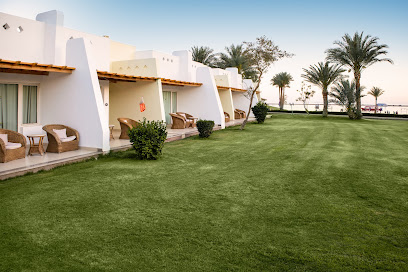
Swiss Inn Resort Dahab
Experience Red Sea bliss at Swiss Inn Resort Dahab: private beach, diving, and relaxation await in a stunning Sinai setting.
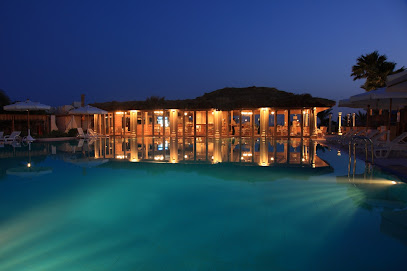
Laguna Beach Dahab
Escape to Dahab's Laguna Beach: a tranquil haven with crystal-clear waters, golden sands, and stunning sunsets on the Red Sea.
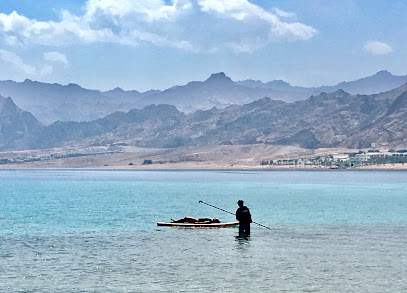
Penguin Village Dahab
Experience Dahab's charm at Penguin Village: beachfront bliss, friendly service, and Red Sea adventures await!
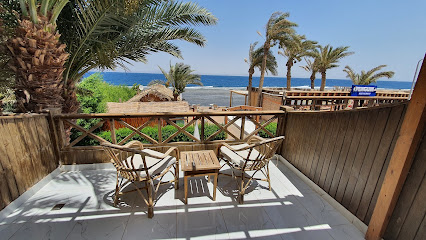
Dahab Public Beach
Experience the vibrant atmosphere of Dahab Public Beach: swimming, snorkeling, dining, and water sports await on the Red Sea coast.
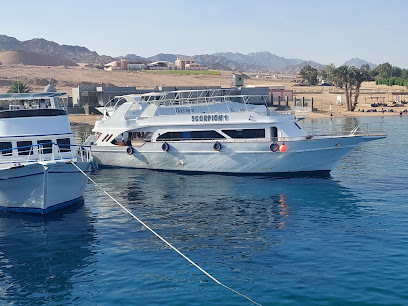
Octopus World Dahab Dive Center
Explore the Red Sea's depths with Octopus World Dahab: Premier PADI dive center offering exceptional diving and training in a friendly, safe environment.
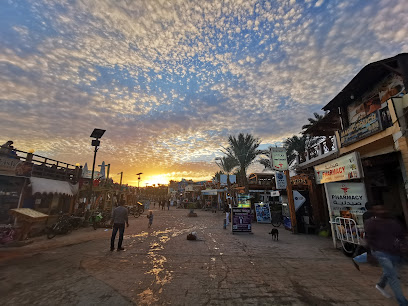
Lagon Beach
Escape to Dahab's Lagon Beach: Tranquil turquoise waters, soft sands, and vibrant marine life await in this Red Sea paradise.
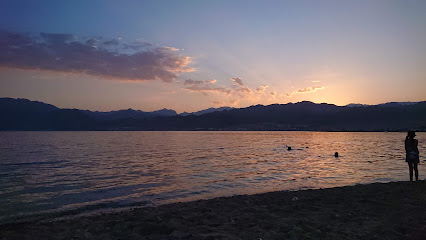
Jackie's Dahab
Experience vibrant nightlife, delicious Mexican cuisine, and stunning Red Sea views at Jackie's Dahab, the ultimate Dahab destination.
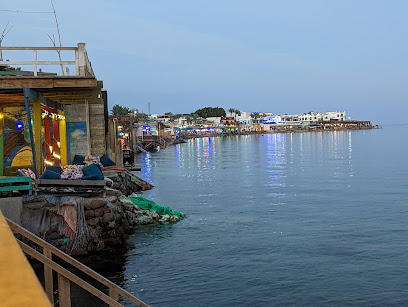
Namaste Indian Food
Experience authentic Indian cuisine in the heart of Dahab, Egypt, with flavorful dishes and a cozy atmosphere at Namaste Indian Food.
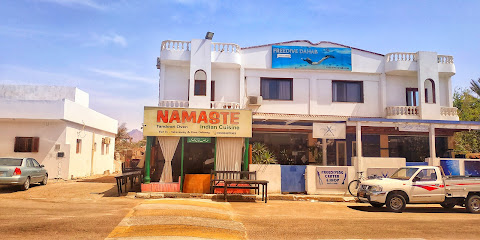
Shams Hotel & Dive Centre
Discover Dahab's underwater paradise and authentic charm at Shams Hotel & Dive Centre, your gateway to Red Sea adventures and relaxation.

The Lagoon
A serene sandy beach in Dahab, perfect for swimming, relaxation, and family fun with stunning views of the Sinai Mountains.
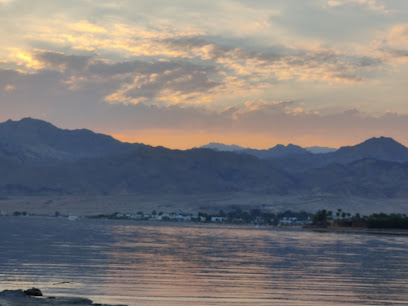
Bedouin Divers Dahab
Explore Dahab's underwater wonders with personalized diving experiences and unique Red Sea adventures at Bedouin Divers Dahab.
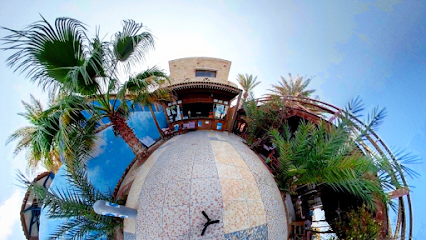
Planet Oasis Resort Dahab
Experience tranquility at Planet Oasis Resort Dahab: beachfront bliss, diving adventures, and serene Red Sea views.
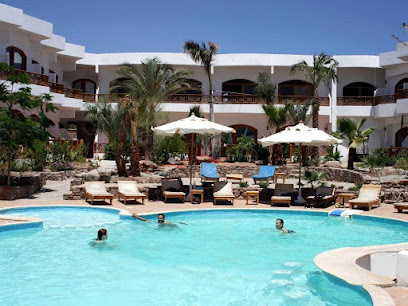
Dar Dahab
Experience beachfront tranquility at Dar Dahab, a charming aparthotel in the heart of Dahab, Egypt. Your Red Sea escape awaits!
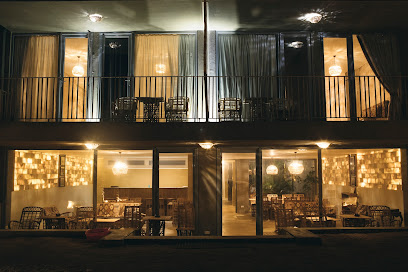
Bedouin Moon Hotel
Experience Bedouin charm and modern comfort at this Dahab hotel with stunning views and easy access to diving and natural attractions.
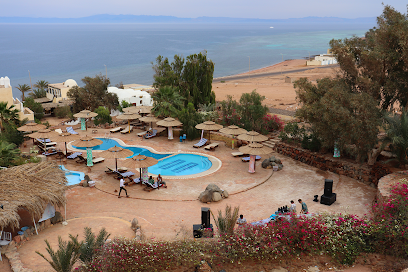
Unmissable attractions to see
Blue Hole of Dahab
Explore the iconic Blue Hole of Dahab, a diver's paradise and a natural marvel in the heart of Egypt's Red Sea coast.
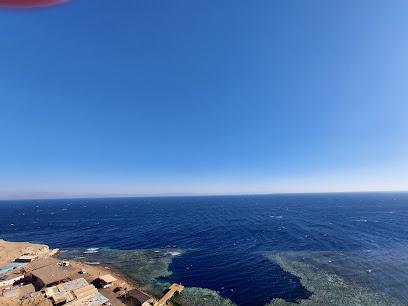
BlueLagoonIsland Camp
Experience the serene beauty of BlueLagoonIsland Camp in Dahab, where pristine beaches and stunning coral reefs await your discovery.
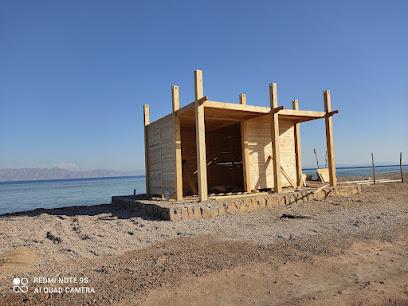
Three Pools Dive Site
Discover the stunning underwater beauty and vibrant marine life at Akaba's Three Pools Dive Site, a premier diving destination on the Red Sea.
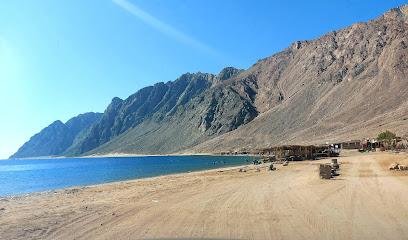
Wadi Tayyib Al Ism
Discover the breathtaking beauty and rich heritage of Wadi Tayyib Al Ism, a historical gem in Saudi Arabia's stunning landscape.
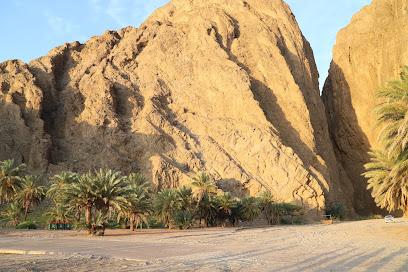
Nabq Nature Reserve
Explore the breathtaking landscapes and diverse wildlife of Nabq Nature Reserve, a natural gem in South Sinai perfect for adventure and relaxation.
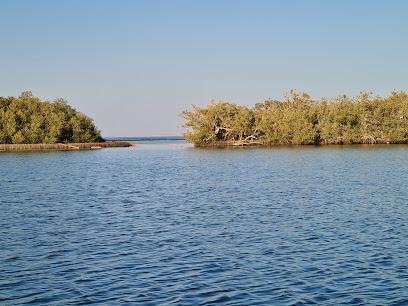
The Magic Lake CZ
Discover the enchanting beauty of The Magic Lake CZ in South Sinai, Egypt, where crystal-clear waters meet stunning landscapes, perfect for relaxation and adventure.
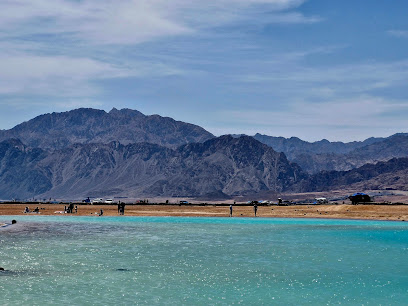
Port w Dahab
Experience the vibrant allure of Dahab's Marina, where adventure meets relaxation on the stunning Red Sea coast.
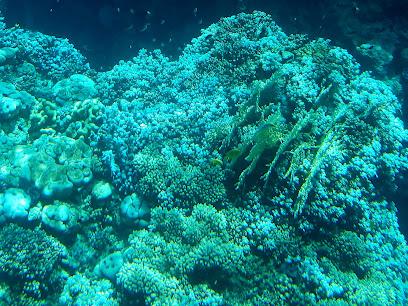
I Love Dahab
Explore Dahab's captivating beauty, vibrant culture, and thrilling water sports in a serene coastal paradise on the Red Sea.
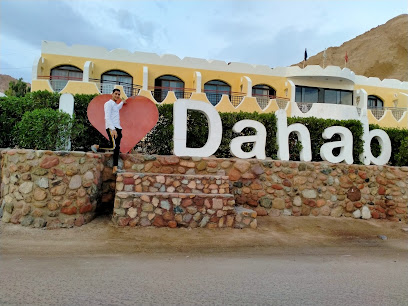
Dahab Safari Day Tours
Discover the enchanting landscapes and rich culture of Dahab with thrilling tours from Dahab Safari Day Tours.
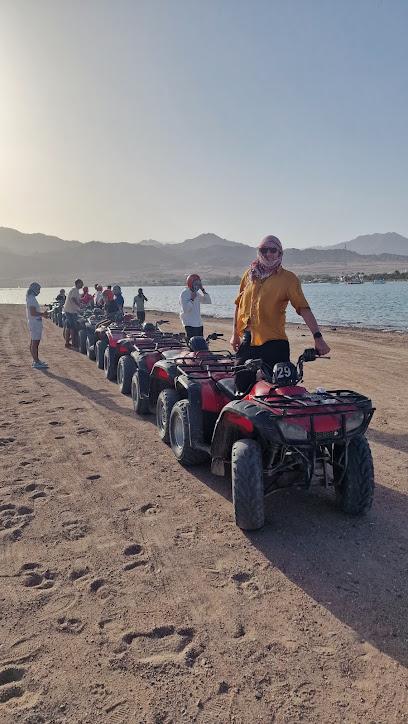
اللاجون
Explore the stunning landscapes, rich culture, and vibrant marine life at El Lajoun, a must-see tourist attraction in Dahab, South Sinai.
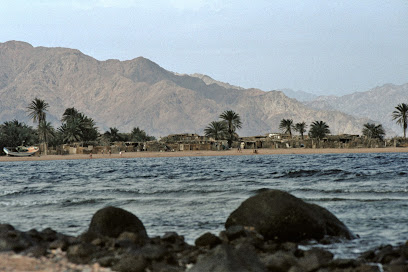
Islands dive site
Dive into the vibrant underwater world of the Islands Dive Site, a top tourist attraction in Egypt's Red Sea, perfect for adventurers and nature lovers.
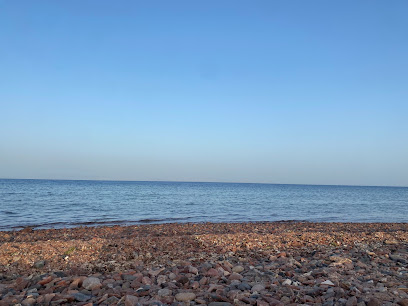
Napoleon diving site
Explore the enchanting underwater world at Napoleon Diving Site in Egypt, a must-visit for snorkelers and divers seeking adventure and beauty.
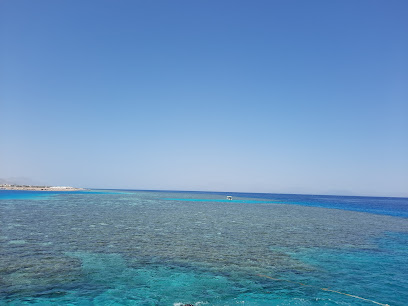
Mashraba dive site
Discover the vibrant underwater ecosystem of the Mashraba Dive Site in Egypt, a must-visit for divers and marine life enthusiasts alike.
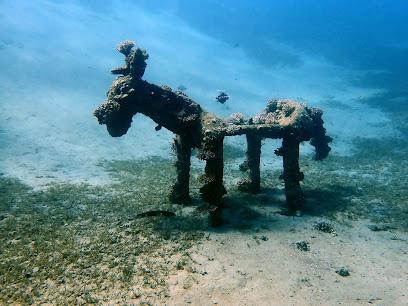
Panorama Dahab بانوراما دهب
Experience unparalleled views and vibrant local culture at Panorama Dahab, a stunning tourist attraction on the edge of the Red Sea.
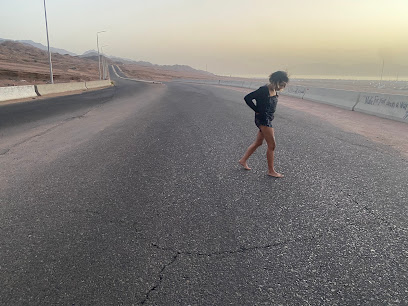
Heaven Gate Travel
Explore the enchanting wildlife of Heaven Gate Travel in Dahab, where adventure meets natural beauty in South Sinai's stunning landscapes.
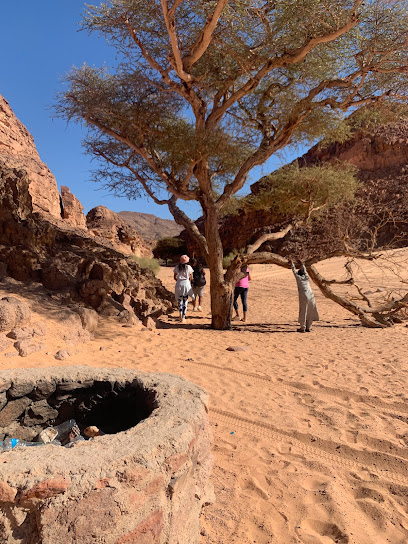
Essential places to dine
Everyday cafe ( original )
Discover Everyday Cafe in South Sinai: A cozy restaurant offering delicious local cuisine amidst stunning landscapes.
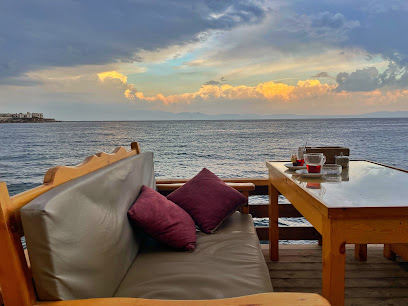
Ali Baba Restaurant Dahab
Experience delightful Western cuisine at Ali Baba Restaurant in Dahab - where local charm meets culinary excellence.
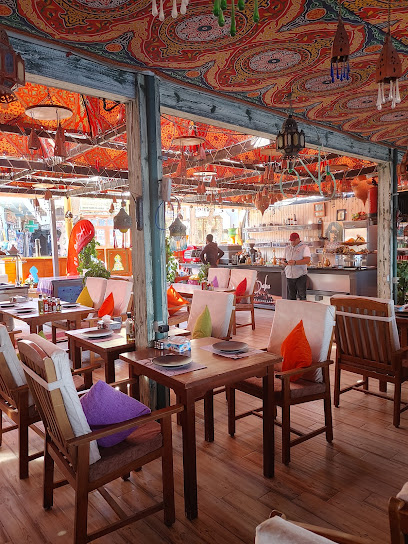
Athanor Pizzeria
Experience authentic Italian pizza in South Sinai at Athanor Pizzeria, where flavor meets comfort in a delightful setting.
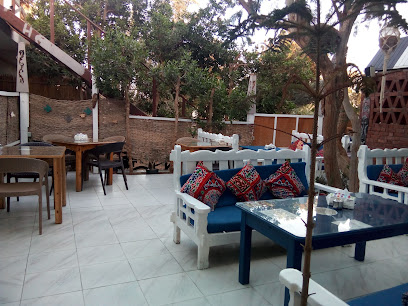
ZANOOBA Slow Cooking
Discover authentic Egyptian flavors at Zanooba Slow Cooking in Dahab – where tradition meets taste in a warm and welcoming atmosphere.
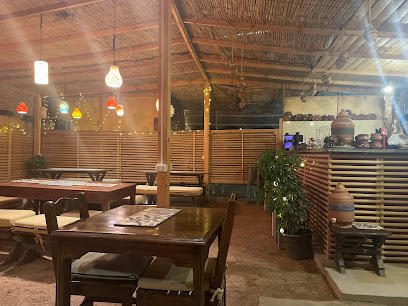
Shark Restaurant
Experience exquisite seafood and Mediterranean cuisine with stunning sea views at Shark Restaurant in Dahab.
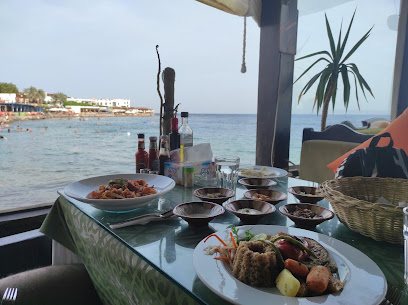
Yalla Bar Dahab
Discover Yalla Bar Dahab: A charming restaurant & bar offering delicious cuisine & vibrant nightlife in Egypt's stunning coastal town.
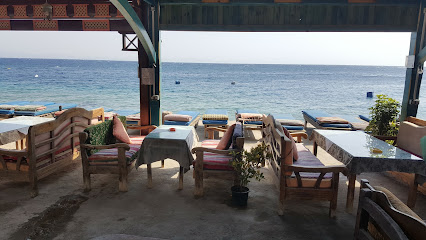
Dai Pescatori
Discover authentic Italian cuisine with breathtaking Red Sea views at Dai Pescatori in Dahab.
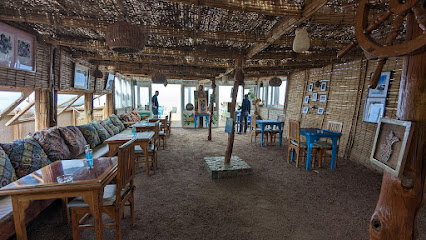
Nemo Dahab
Discover Nemo Dahab: A premier seafood restaurant offering fresh catches with stunning views over the Red Sea in picturesque Dahab.
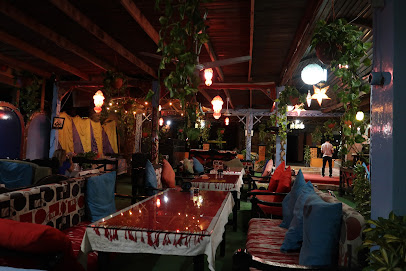
Jackie's Dahab
Discover vibrant nightlife at Jackie's Dahab: A premier dance restaurant offering delicious cuisine and stunning sea views in South Sinai.
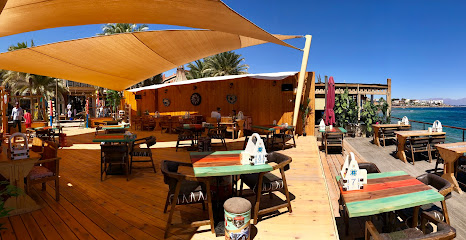
Namaste Indian Food
Experience the rich flavors of India at Namaste Indian Food in Dahab - where every meal is a celebration of taste and culture.
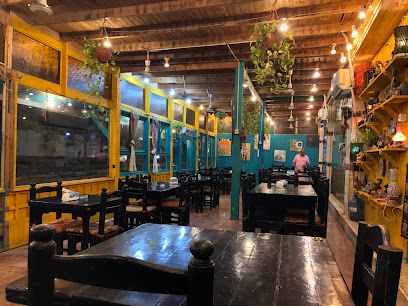
Aladdin Restaurant
Experience fresh seafood delights at Aladdin Restaurant in Dahab with stunning views and warm hospitality.
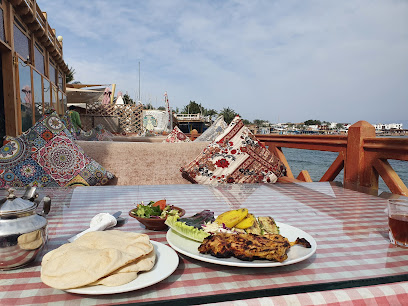
Red Cat
Experience exquisite dining at Red Cat in South Sinai - where tradition meets innovation in every bite.
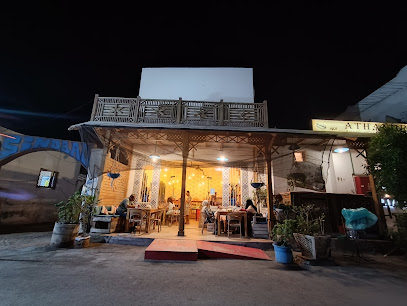
Isfahan Slow-cooked tajines
Experience authentic Middle Eastern cuisine at Isfahan Slow-cooked Tajines in Dahab—where every dish tells a story.
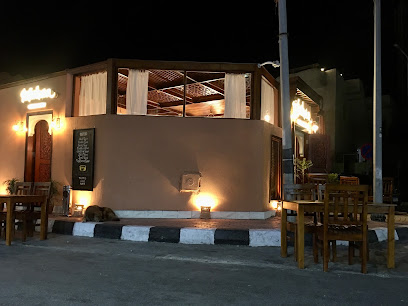
Eldorado Lodge & Restaurant
Experience authentic Italian cuisine with breathtaking views at Eldorado Lodge & Restaurant in Dahab.
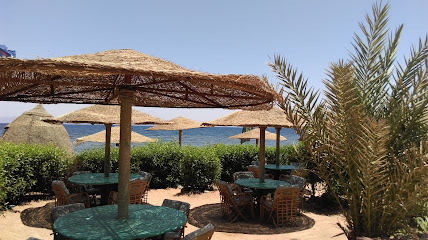
Tim’s Munch
Experience breakfast bliss at Tim’s Munch in Dahab – where American flavors meet Egyptian tradition for a delightful morning feast.
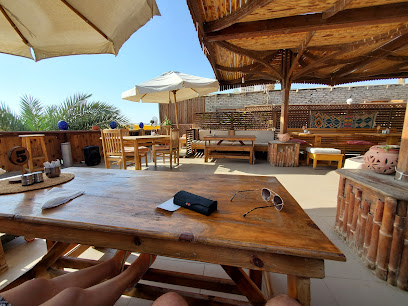
Markets, malls and hidden boutiques
Al Mashaya Street Dahab City
Discover the vibrant shopping and dining experience at Al Mashaya Street in Dahab City, the perfect destination for tourists looking to explore local culture.
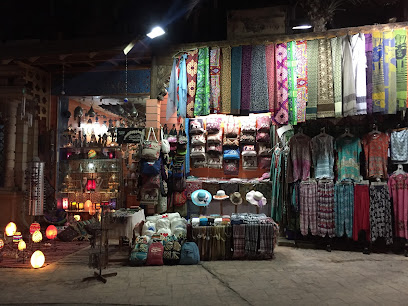
New drinks shop
Discover a vibrant selection of local and international beverages at Dahab's New Drinks Shop, perfect for travelers seeking unique tastes.
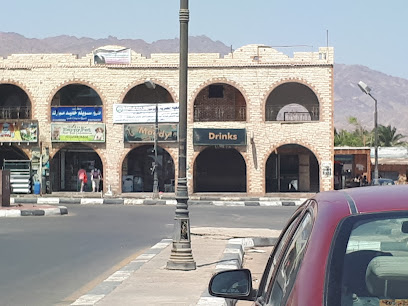
Smoking shop dahab
Explore the finest selection of vaporizers, cigars, and tobacco at Smoking Shop Dahab, your go-to destination for quality smoking products in Dahab.
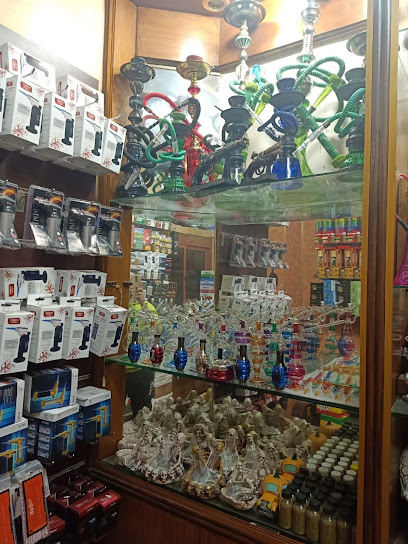
Gypsy store
Explore the vibrant styles at Gypsy Store, a unique clothing destination in Dahab showcasing local artistry and fashion.
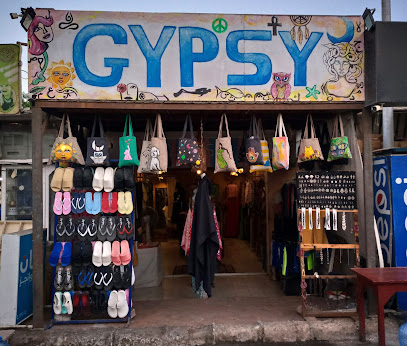
Gallery Meshwar
Gallery Meshwar: Your Destination for Unique Antiques, Fashion Accessories, and Local Art in Dahab.
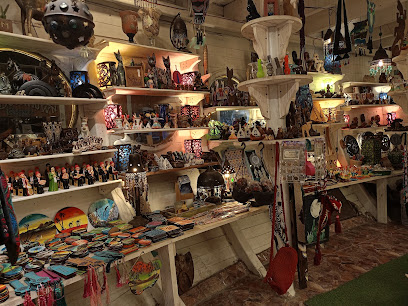
Dahab Surf Shop
Experience the thrill of surfing at Dahab Surf Shop, the premier destination for water sports in Dahab, Egypt, where adventure meets stunning scenery.
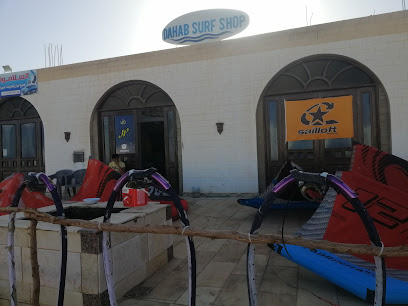
Zakria fruit and veg
Discover the freshest fruits and vegetables at Zakria Fruit and Veg, a local gem in Dahab, South Sinai, offering a taste of authentic Egyptian produce.
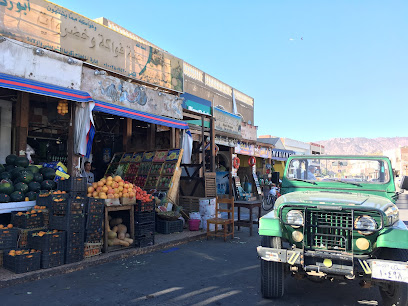
Drop n Shop Dahab ️
Experience the unique shopping adventure at Drop n Shop Dahab, where local culture meets diverse products in stunning Dahab, Egypt.
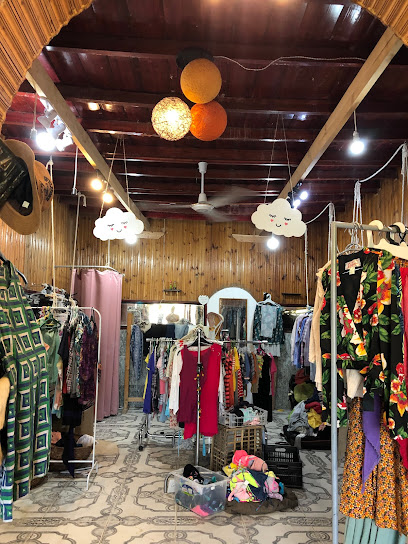
Dahab market
Discover the colorful Dahab Market, a vibrant hub of shopping, local culture, and delectable street food in the heart of Dahab, Egypt.
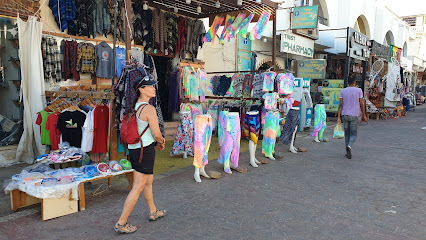
The Treasure Antique Shop
Explore a treasure trove of antiques in Dahab, where history comes alive through unique artifacts and captivating stories.
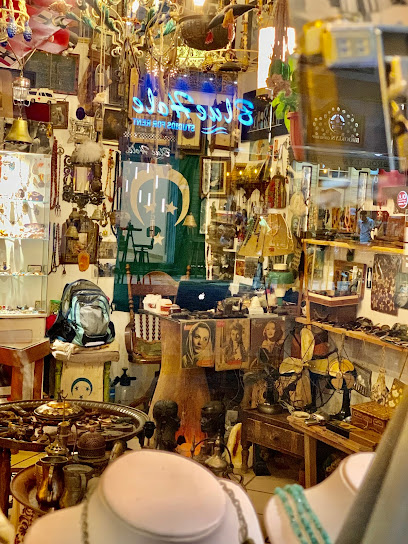
Reach Shop
Explore the vibrant Reach Shop in Dahab for unique local crafts, treasures, and a warm cultural experience that captures the spirit of South Sinai.
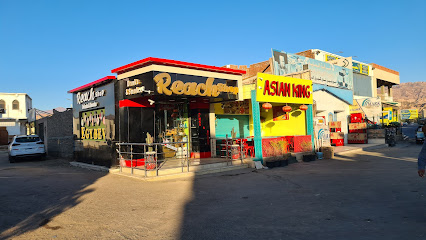
Happy Art
Discover unique handmade souvenirs and local artistry at Happy Art, a hidden gem in Dahab, South Sinai, perfect for capturing your travel memories.
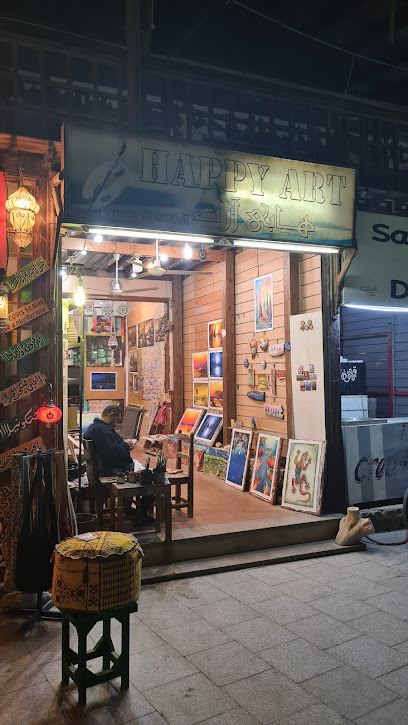
WOOD master dahab
Discover the artistry of Egypt at WOOD Master Dahab, your go-to gift shop for unique handcrafted treasures in the heart of Dahab.
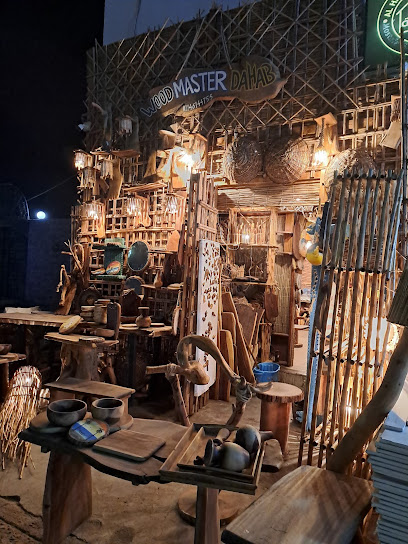
Abu Diab Stationery Store
Discover creativity at Abu Diab Stationery Store in Dahab, where local artistry meets unique stationery treasures.
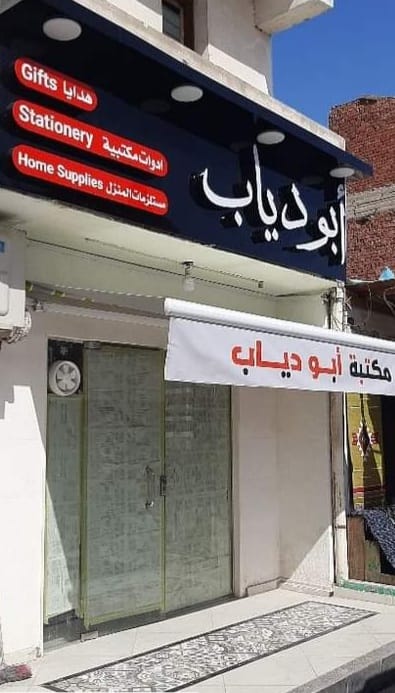
dahab stayle Clothing store دهب ستايل
Discover unique fashion at Dahab Style Clothing Store, where local culture meets contemporary style in the heart of Dahab.
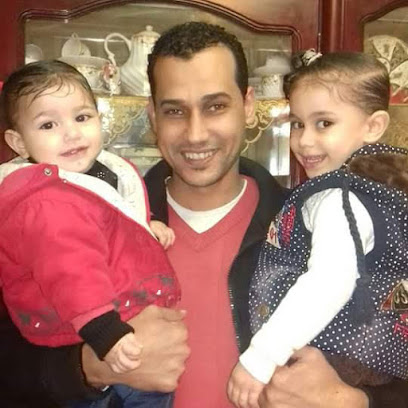
Essential bars & hidden hideouts
Ali Baba Restaurant Dahab
Experience the best of Western cuisine in Dahab at Ali Baba Restaurant, where every meal is a delightful journey for your taste buds.
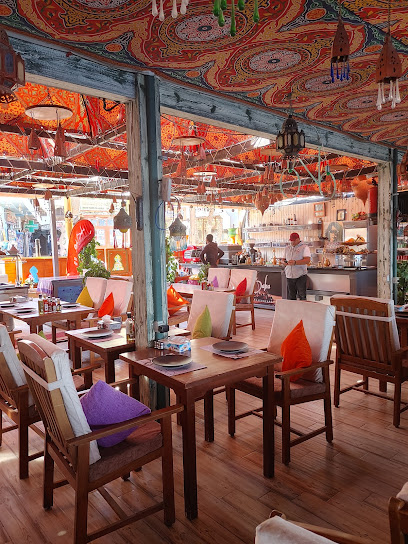
Yalla Bar Dahab
Experience the vibrant atmosphere and stunning views at Yalla Bar Dahab, where great food and nightlife come together in an unforgettable coastal setting.
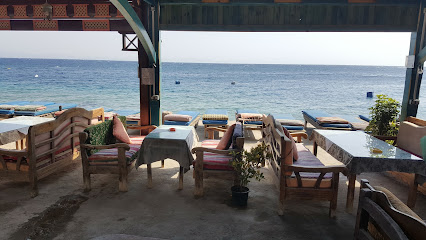
Jackie's Dahab
Discover Jackie's Dahab, a lively dance restaurant by the Red Sea, offering delicious cuisine and vibrant entertainment for an unforgettable night out.
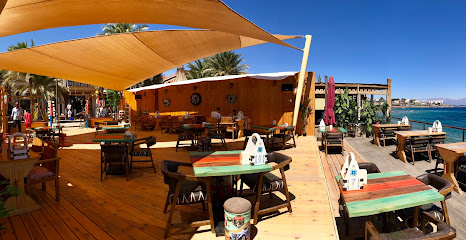
Red Cat
Experience the authentic flavors of South Sinai at Red Cat, a culinary gem offering a delightful array of local dishes in a vibrant atmosphere.
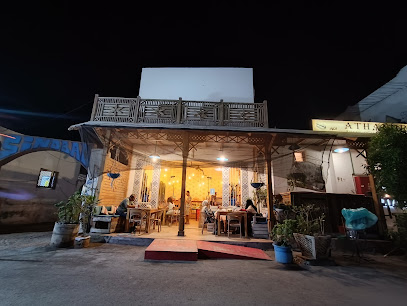
Friends Restaurant
Discover Friends Restaurant in South Sinai: A delightful dining experience with mouth-watering dishes and a cozy atmosphere.
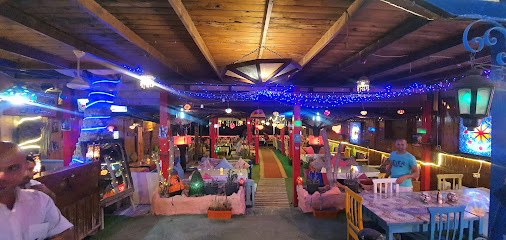
Churchill's Sports Bar & Grill
Discover Churchill's Sports Bar & Grill in South Sinai - the ultimate spot for sports, food, and fun under the Egyptian sun!
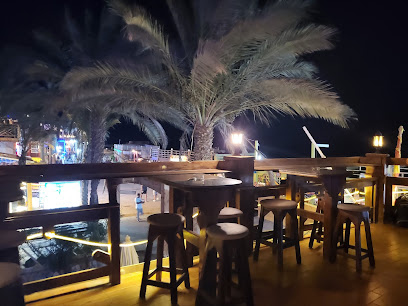
Blue Beach, Beach Bar
Discover the tranquility of Blue Beach Beach Bar in Dahab, where stunning sea views and a relaxed atmosphere create the perfect retreat.
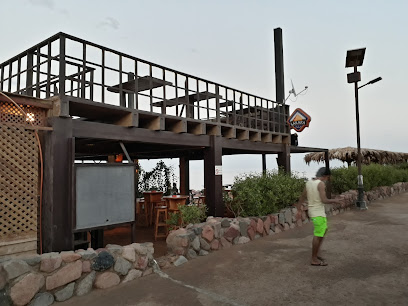
Seaweed sushi bar
Discover the essence of Japanese cuisine at Seaweed Sushi Bar in Dahab, where fresh ingredients and vibrant flavors come together.
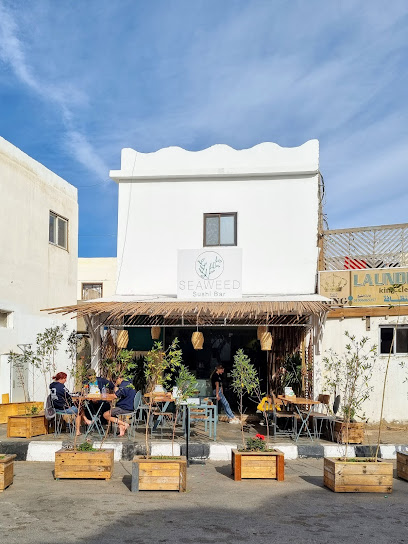
Caribbean Restaurant
Experience the vibrant taste of the Caribbean in Dahab, where fresh seafood and authentic island flavors create a delightful dining experience.
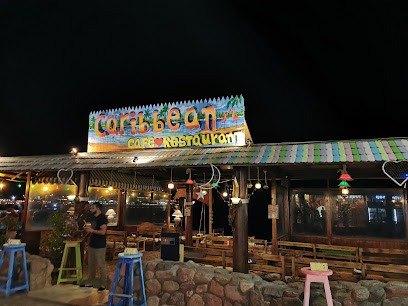
Happy Hour Dahab
Experience the vibrant dining scene at Happy Hour Dahab, a fast-food haven blending local flavors with a lively atmosphere for tourists in this coastal paradise.
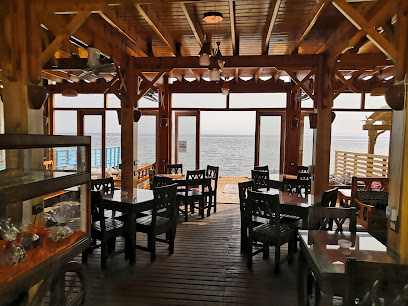
Same Same But Different
Experience the vibrant flavors and welcoming atmosphere of Same Same But Different, a must-visit restaurant in Dahab offering diverse culinary delights.
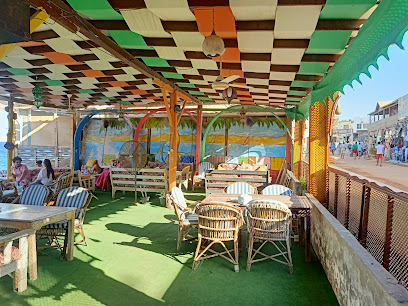
Happy Land Cafe and Restaurant
Discover the flavors of Japan in a cozy café setting at Happy Land Cafe and Restaurant in Dahab.
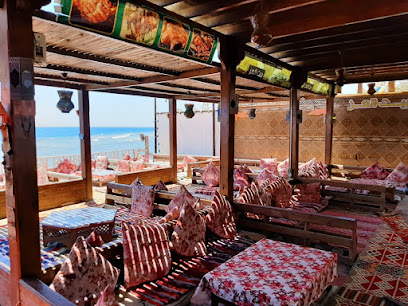
The Furry Cup
Discover the charm of The Furry Cup, a cozy bar in Saint Catherine, where refreshing drinks and warm ambiance await in the heart of South Sinai.
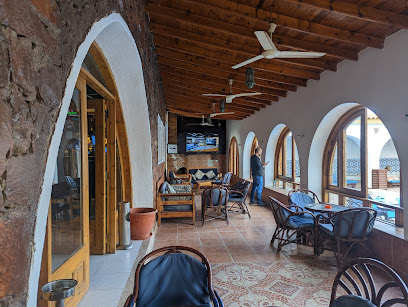
Drift
Discover Drift, Dahab's premier cocktail bar, where stunning views and expertly crafted drinks create unforgettable moments by the Red Sea.
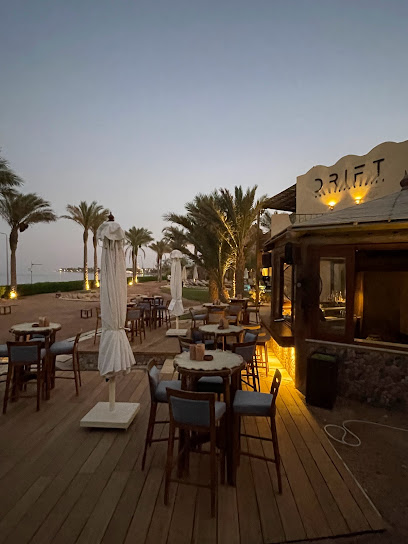
Local Phrases
-
- Helloمرحبا
[marhaba] - Goodbyeوداعا
[wada'an] - Yesنعم
[na'am] - Noلا
[la] - Please/You're welcomeمن فضلك/على الرحب والسعة
[min fadlak/ala al-rahb was-sa'ah] - Thank youشكرا
[shukran] - Excuse me/Sorryعذرا
['udhran] - How are you?كيف حالك؟
[kayfa halak?] - Fine. And you?بخير. وأنت؟
[bi-khayr. wa-ant?] - Do you speak English?هل تتحدث الإنجليزية؟
[hal tatahadath al-ingliziyya?] - I don't understandأنا لا أفهم
[ana la afham]
- Helloمرحبا
-
- I'd like to see the menu, pleaseأود أن أرى القائمة، من فضلك
[awad an ara al-qaimah, min fadlak] - I don't eat meatأنا لا أأكل اللحم
[ana la aakul al-lahm] - Cheers!صحتين!
[sahhtayn] - I would like to pay, pleaseأريد أن أدفع، من فضلك
[urid an adfa', min fadlak]
- I'd like to see the menu, pleaseأود أن أرى القائمة، من فضلك
-
- Help!النجدة!
[al-najdah!] - Go away!انصرف!
[ansarif!] - Call the Police!اتصل بالشرطة!
[itasil bialshurta!] - Call a doctor!اتصل بطبيب!
[itasil bitalib!] - I'm lostأنا ضائع
[ana dayi'] - I'm illأنا مريض
[ana mariyd]
- Help!النجدة!
-
- I'd like to buy...أود أن أشتري...
[awad an ashtari...] - I'm just lookingأنا فقط أتفرج
[ana faqat atfarij] - How much is it?كم سعره؟
[kam siroh?] - That's too expensiveهذا غالي جدا
[hatha ghali jiddan] - Can you lower the price?هل يمكنك خفض السعر؟
[hal yumkinuk khaif al-siroh?]
- I'd like to buy...أود أن أشتري...
-
- What time is it?كم الساعة؟
[kam al-sa'ah?] - It's one o'clockالساعة الواحدة
[al-sa'at al-wahidah] - Half past (10)العاشرة والنصف
[al-'ashirah wal-nisf] - Morningصباح
[sabah] - Afternoonبعد الظهر
[ba'd al-dhuhur] - Eveningمساء
[masa'] - Yesterdayأمس
['ams] - Todayاليوم
[al-yawm] - Tomorrowغدا
[ghadan] - 1واحد
[wahid] - 2اثنين
[ithnan] - 3ثلاثة
[thalathah] - 4أربعة
[arba'ah] - 5خمسة
[khamsah] - 6ستة
[sittah] - 7سبعة
[sab'ah] - 8ثمانية
[thamaniyah] - 9تسعة
[tis'ah] - 10عشرة
['asharah]
- What time is it?كم الساعة؟
-
- Where's a/the...?أين هو/هي...؟
[ayn huwa/hiya...?] - What's the address?ما هو العنوان؟
[ma huwa al-unnwan?] - Can you show me (on the map)?هل يمكنك أن تريني (على الخريطة)؟
[hal yumkinuk an tarini (ala al-kharitah)?] - When's the next (bus)?متى الحافلة التالية؟
[mata al-hafilah al-taliyah?] - A ticket (to ....)تذكرة (إلى ...)
[tazkirah (ila ...)]
- Where's a/the...?أين هو/هي...؟
History of Dahab
-
Dahab, nestled along the southeastern coast of the Sinai Peninsula, has roots that trace back to ancient times. The region was inhabited by the Nabataeans, a nomadic Arab tribe, who utilized the area as a waypoint on their trade routes. The evidence of their presence is still visible in the form of petroglyphs and ancient inscriptions found in the surrounding mountains.
-
During the Byzantine era, Dahab's significance grew as it became a hub for Christian monastic communities. Monks established monasteries and hermitages, seeking solitude in the arid landscape. With the advent of Islam in the 7th century, the region saw the establishment of small Islamic settlements, contributing to its cultural tapestry.
-
In the 16th century, the Ottoman Empire extended its reach into the Sinai Peninsula, including Dahab. The Ottomans fortified the area, building watchtowers and small forts to safeguard their interests along the Red Sea. These structures played a crucial role in maintaining the security of the region during this period.
-
Dahab has long been home to the Bedouins, nomadic tribes known for their rich cultural traditions and deep connection to the desert. The Bedouins have preserved their way of life for centuries, relying on their knowledge of the land for survival. Visitors to Dahab can experience Bedouin culture through traditional music, dance, and cuisine.
-
In the latter half of the 20th century, Dahab transformed from a quiet fishing village into a renowned tourist destination. The 1980s and 1990s saw an influx of travelers drawn by the area's stunning coral reefs, crystal-clear waters, and laid-back atmosphere. Today, Dahab is a vibrant hub for diving enthusiasts, adventurers, and those seeking a blend of relaxation and cultural exploration.
-
With its growing popularity, Dahab has also seen efforts to preserve its unique natural environment. Both local and international organizations have been working to protect the coral reefs and marine life that make the area so special. Conservation initiatives focus on sustainable tourism practices, ensuring that Dahab's natural beauty remains for future generations to enjoy.
Dahab Essentials
-
Dahab is located on the southeastern coast of the Sinai Peninsula in Egypt. The nearest international airport is Sharm El Sheikh International Airport (SSH), approximately 90 kilometers away. From Sharm El Sheikh, you can take a taxi or a private transfer to Dahab, which typically takes around 1.5 to 2 hours. Alternatively, you can catch a bus from Sharm El Sheikh, which is a more budget-friendly option but may take longer.
-
Dahab is a small town, and many of its attractions are within walking distance. For longer trips, local taxis and tuk-tuks (three-wheeled vehicles) are available and relatively inexpensive. Public minibuses operate within the town and connect to nearby areas. Renting a bicycle or scooter is also a popular and convenient option for exploring Dahab at your own pace.
-
The official currency in Egypt is the Egyptian Pound (EGP). Credit cards are accepted in many hotels, restaurants, and larger shops, but it is advisable to carry cash, especially in smaller establishments and markets. ATMs are available in Dahab, but it is wise to withdraw sufficient cash in Sharm El Sheikh or another major city to ensure you have enough funds.
-
Dahab is generally a safe destination for tourists. However, it is advisable to take standard precautions. Avoid walking alone at night in unfamiliar areas and keep an eye on your belongings in crowded places. While there are no specific high-crime areas targeting tourists, it is always best to stay vigilant and aware of your surroundings.
-
In case of emergency, dial 122 for police assistance, 123 for an ambulance, and 180 for the fire department. The local police station and medical facilities are available in Dahab. It is recommended to have travel insurance that covers medical emergencies. For minor health issues, there are pharmacies in the town where you can purchase over-the-counter medications.
-
Fashion: Do dress modestly, especially when visiting religious sites. Avoid wearing revealing clothing. Religion: Do respect local customs and traditions. Always remove your shoes and cover your head when entering mosques. Public Transport: Do be respectful and give up your seat to elderly passengers. Don't eat or drink on public transport. Greetings: Do greet people with a handshake or a friendly nod. Avoid using your left hand for greetings or handing over items. Eating & Drinking: Do try local delicacies and accept food offerings graciously. Don’t refuse hospitality, as it is considered impolite.
-
To experience Dahab like a local, visit the local markets (souks) where you can buy fresh produce and traditional Egyptian goods. Engage with locals, as they are often friendly and willing to share stories about the town's history and culture. Don’t miss visiting the Blue Hole, a famous diving spot. For a unique experience, take a camel ride through the desert or enjoy a Bedouin dinner under the stars.
Trending Landmark in Dahab
-
Dahab Lagoon Club & Resort
-
Swiss Inn Resort Dahab
-
Laguna Beach Dahab
-
Penguin Village Dahab
-
Dahab Public Beach
-
Octopus World Dahab Dive Center
-
Lagon Beach
-
Jackie's Dahab
-
Namaste Indian Food
-
Shams Hotel & Dive Centre
-
The Lagoon
-
Bedouin Divers Dahab
-
Planet Oasis Resort Dahab
-
Dar Dahab
-
Bedouin Moon Hotel
Nearby Cities to Dahab
-
Things To Do in Sharm El Sheikh
-
Things To Do in Aqaba
-
Things To Do in Eilat
-
Things To Do in Wadi Rum
-
Things To Do in El Gouna
-
Things To Do in Hurghada
-
Things To Do in Tabuk
-
Things To Do in Ma'an
-
Things To Do in Petra
-
Things To Do in Suez
-
Things To Do in Dana
-
Things To Do in Tafilah
-
Things To Do in Beersheba
-
Things To Do in Ismailia
-
Things To Do in Kerak











